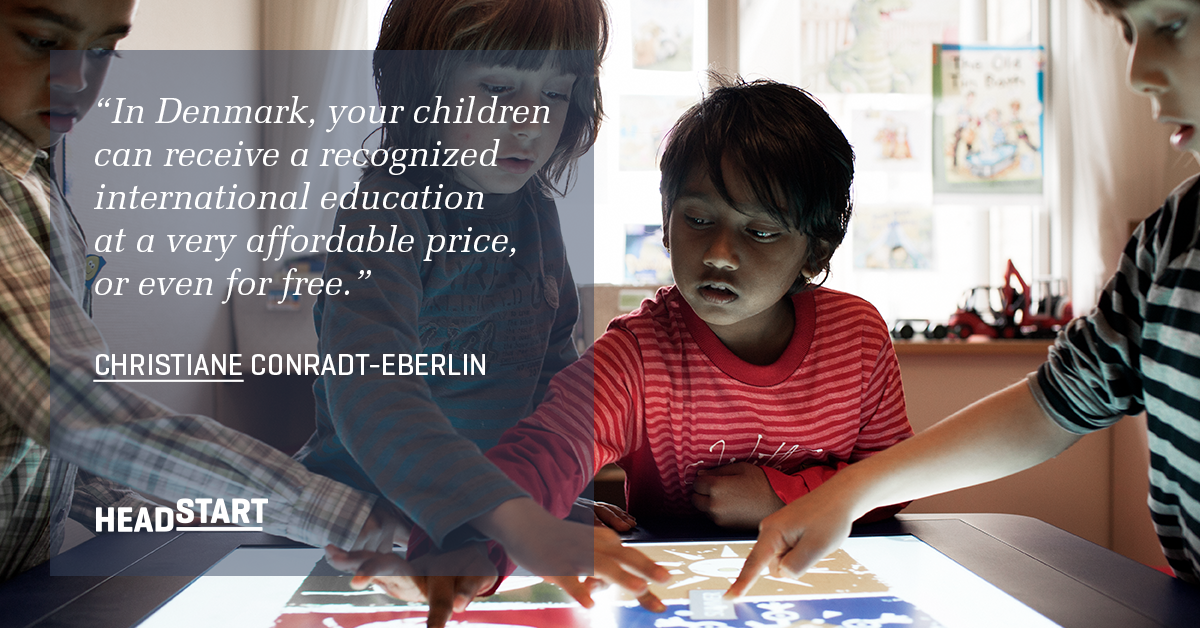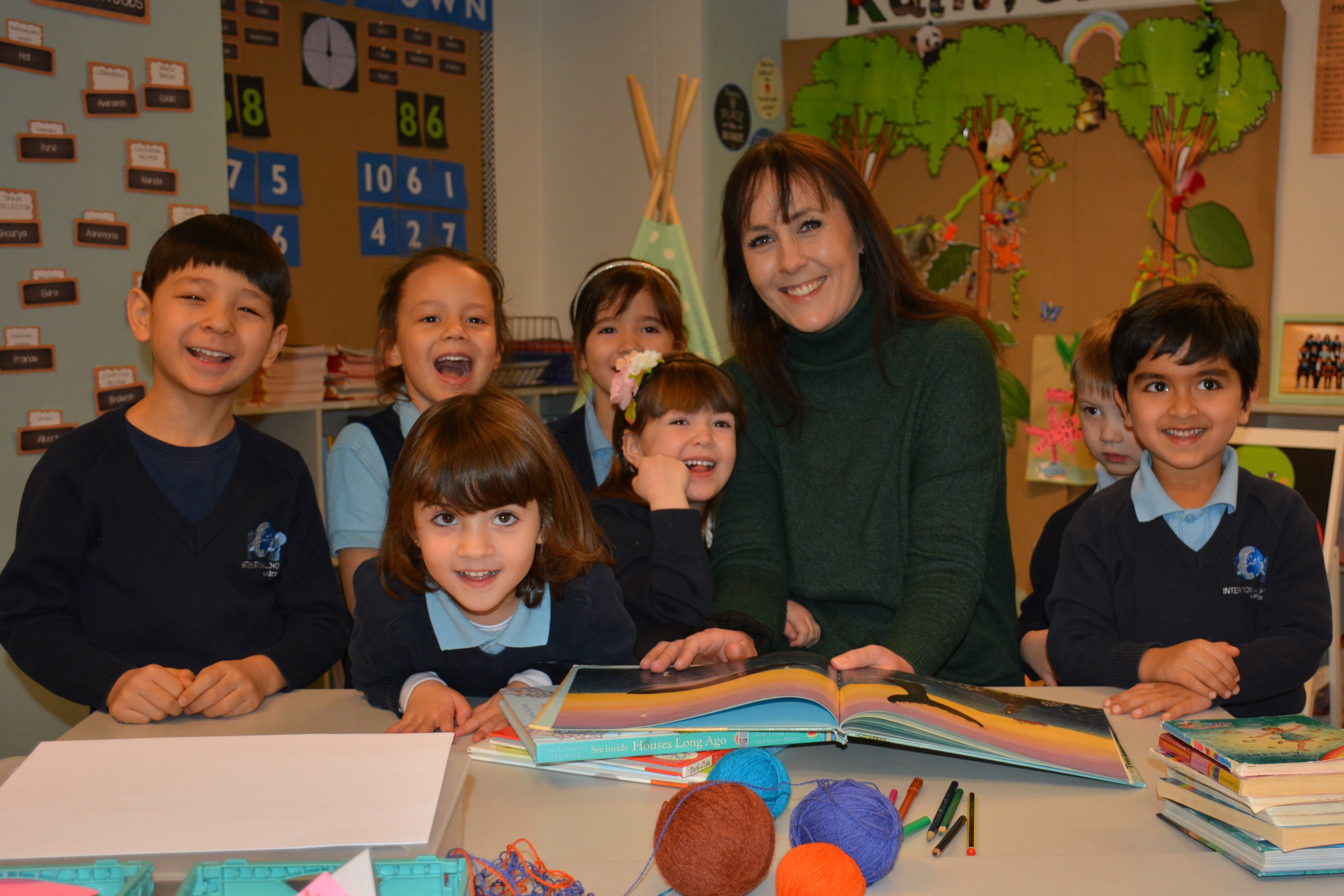
16 June, 2021
Nearly four in ten expat children in Denmark attend an international school. And there might be a good explanation: despite its small size, Denmark boasts a high number of international schools and programs (36 in all) compared to other countries. They are also well-spread across the country, with 8 offers in Central Denmark alone, making it easy to find a suitable education within an acceptable distance.
Most importantly, many of the Danish international schools are affordable, with a free or very low yearly tuition – which is a luxury in a country known for its high cost of living!
“In Denmark, it is possible for your children to get a recognized international education at a very affordable price, or even for free – which isn’t an option in other countries,” says Christiane Conradt-Eberlin, Admissions and Marketing Officer at the International School Ikast-Brande.
All schools in Denmark receive a subsidy from the Ministry of Education for each child enrolled. While public schools operate on that subsidy only, private schools require additional fees from parents. The tuition fee in private international schools ranges from 20.000 to 200.000 DKK – which makes the lower end of the scale significantly lower than many other cities in Europe, such as Brussels, Paris and Zurich.

Choosing among the many options offered by the Danish education system requires a clear mapping of your priorities.
International schools can be a great solution for expat parents who want a similar standard of schooling across the globe, with internationally accepted accreditation such as the Cambridge curriculum or International Baccalaureate (IB). Classes are taught in English with Danish still being a mandatory subject – which makes it easier to adapt to a multicultural day-to-day life. Other schools also offer teaching in French or German (see a list of international schools here).
“The international schools also offer a community and an understanding for foreign cultures, which leads to a better connection between school and home for international children,” adds Christiane Conradt-Eberlin.
Expats choosing the Danish school system usually have a Danish partner or have plans on staying in Denmark for more than five years. Being in a Danish school allows their children to be completely immersed in the language and culture.
For those who can’t choose, bilingual education can be a way to meet both priorities. The first public international primary bilingual school will open on Lolland-Falster in August 2021, making it the third school offering a bilingual program for grades 0-9 in Denmark.
And, as more and more internationals choose a career in Central Denmark, more bilingual options could well be blooming.
The Danish education systemEducation starts early, with most children aged 9 months attending a form of childcare, where they are exposed to personal development skills, language skills, social skills, nature, movement, and cultural values. Formal teaching doesn’t start until the age of 6 years, but the Danes strongly believe in their children being around others from a young age. Read more about the Danish education system here. |